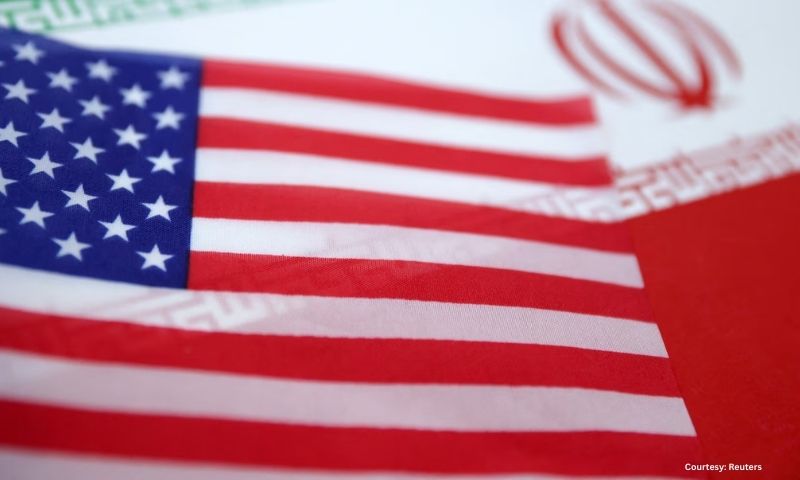PARIS – Britain, France, and Germany have delivered a firm warning to the United Nations: unless Iran resumes meaningful nuclear negotiations by the end of August 2025 or agrees to an extension, they will activate the “snapback” mechanism to reinstate UN sanctions lifted under the 2015 nuclear accord. The declaration was conveyed via a joint letter to the UN Secretary-General and the Security Council.
The snapback clause, embedded in the Joint Comprehensive Plan of Action, allows signatory states to unilaterally force the reimposition of international sanctions if Iran fails to meet its commitments, irrespective of opposition from other UN Security Council members. The European trio’s ultimatum signals a readiness to invoke this measure amid concerns over Iran’s escalating uranium enrichment and lack of cooperation with international inspectors.
In response, Iranian officials have cautioned that triggering the snapback would yield irreversible consequences and jeopardise Europe’s role as a mediator in the diplomatic process. A senior Iranian parliamentarian went further, warning that Tehran might withdraw from the Nuclear Non-Proliferation Treaty should such sanctions be reinstated.
The snapback mechanism could have profound economic and geopolitical effects: renewed embargoes would likely target Iran’s energy exports, banking sector, insurance access, and foreign investment, while also curbing its ability to procure sensitive technology. These developments come as indirect negotiations have stalled since the mid-year conflict prompted by Israeli and US strikes on Iran’s nuclear infrastructure.
This diplomatic stand-off highlights the narrowing window for de-escalation and underscores the fragility of international efforts to prevent further regional instability.
This story has been reported by PakTribune. All rights reserved.



